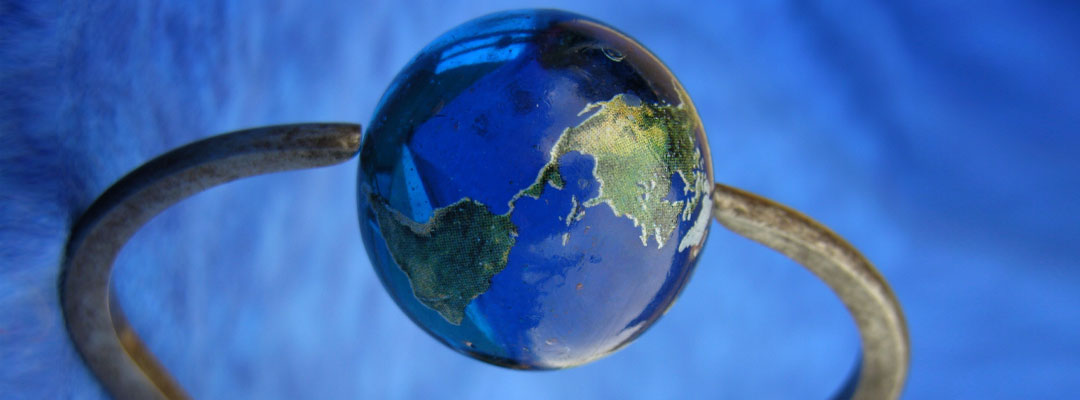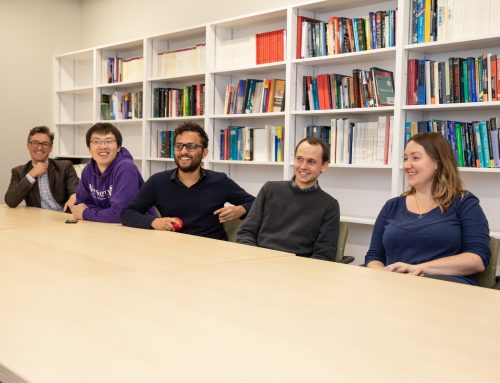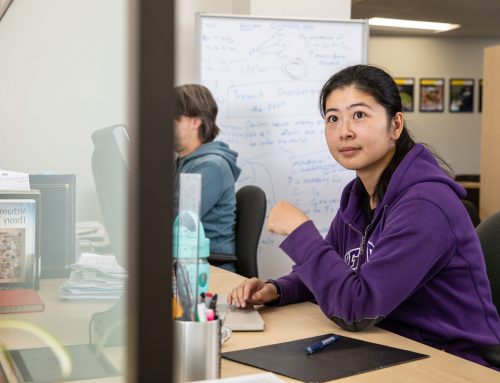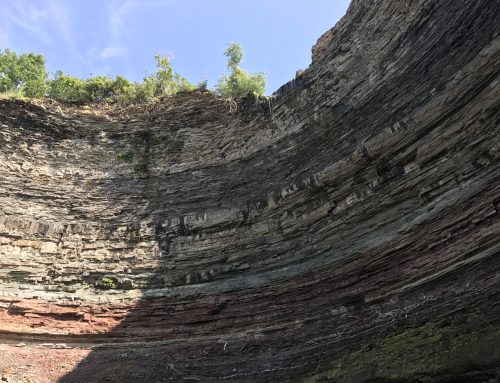Library Speaker Series
Each October, the Department of Philosophy at Western initiates a public speakers’ series at the London Public Library (Central Branch, 251 Dundas St, Stevenson & Hunt room, 1st Floor). 7:00 p.m.
Fall 2014 Series
Climate Change: The Philosophical Issues
October 8, 2014
What Do You Bring to a Street Fight?
Wayne Myrvold (Western)
An editorial in the journal Nature warned climate scientists that they must acknowledge that, like it or not, they are in a street fight. Climate scientists have been the targets of a well-funded, orchestrated campaign to discredit them and their work. In this talk, I will raise the question of what scientists can do in the face of such tactics and what we, as citizens aiming to remain well-informed on matters of importance, can do.
October 15, 2014
Climate Change and Intergenerational Justice
Roman Frigg (London School of Economics)
Should we take drastic measures to reduce greenhouse gas emissions now, or should we continue our current practices and leave it to future generations to adapt to the effects of climate change? Opinions on this issue are divided. In this lecture I explain the terms of the debate in plain English (no knowledge of either climate science or economics is presupposed), and defend what I think is the most reasonable position.
October 22, 2014
Ecological Thinking about Climate Change: A New Paradigm?
Gillian Barker (Western)
A growing group of scientists and activists is calling for a “paradigm shift” in our thinking about the threat of climate change and how best to respond to it—a shift to an ecological approach that emphasizes the role of living systems. What do they mean? Are they right?
October 29, 2014
Doing Science in the Dark: the challenges of Climate-like science
Leonard Smith (London School of Economics)
Climate prediction and weather prediction are very different: due to constant refinements and new techniques, the life time of a climate model is much less than the forecast we ask it to make, whereas the same weather model can be used to forecast tomorrow’s weather, day after day, for months if not years — allowing us to learn from our mistakes. By contrast, climate science is continually exploring new territory, using new and unproven techniques. The challenges of doing science partly in the dark, past successes and failures, and many examples will be discussed. No background knowledge of climate, weather or maths will be assumed.
[Re-posted from http://www.uwo.ca/philosophy/news/library.html]






